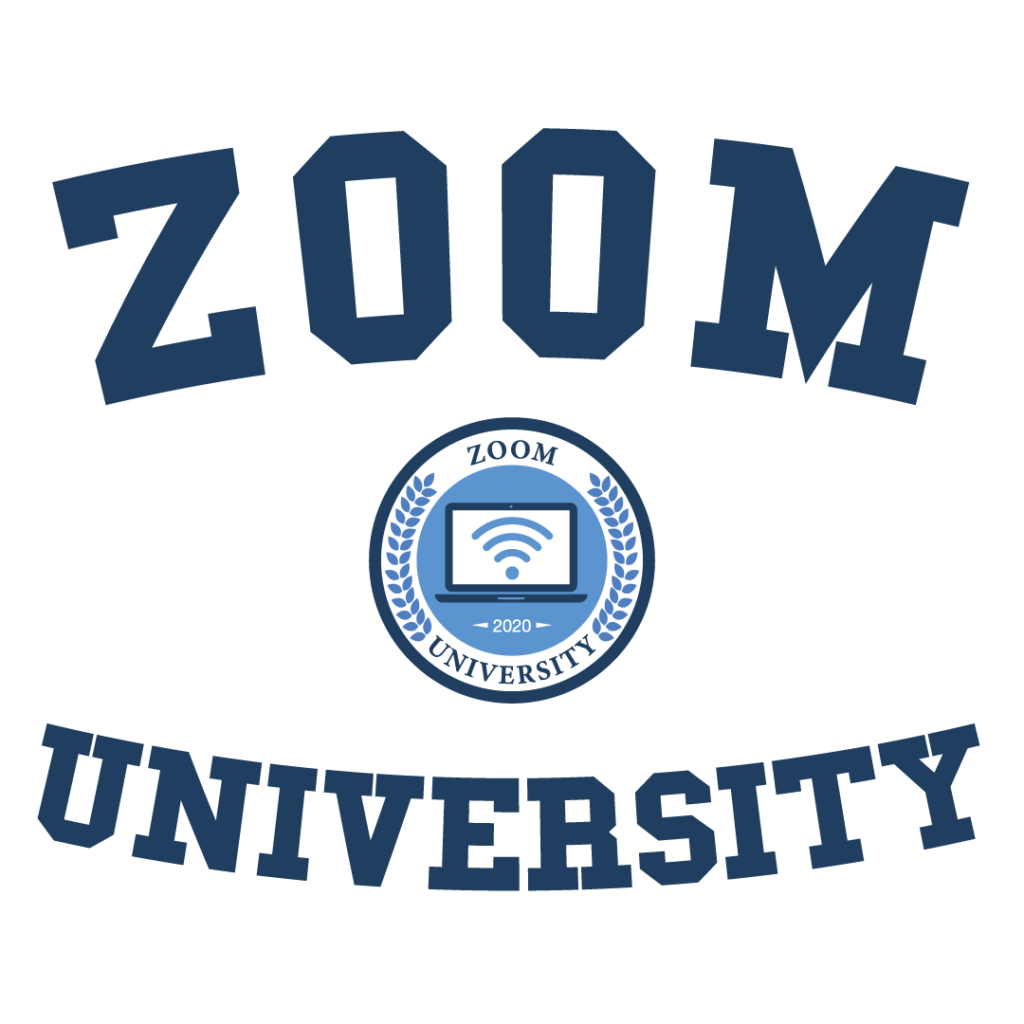I came into the English minor knowing that I loved learning about grammar, and that I also enjoyed writing for the school newspaper. I have been writing for the school newspaper since I was in middle school. My writing feels more natural when I write articles and it is less stressful and time-consuming. On the other hand, I strongly dislike creative writing. I do not have that crafty mindset, and quite frankly, I feel irritated each time I need to write a thought-provoking essay or poem. These crafty writing formats take too much time and also require a lot of skill.
Since I am an English minor, I have taken various courses in my time at Geneseo thus far; however, only two of them have led me to feel satisfaction. This satisfaction, this great feeling, has occurred twice for me now because I went into a class feeling unconfident in my abilities as an English student and also disconnected to literature. This disconnection was like being stuck in a cocoon; I had to work hard and progress in order to emerge as a butterfly.
I felt this satisfaction for the first time in Dr. McCoy’s English 203 class last semester as I realized mid-semester that I was becoming a stronger writer. She encouraged me to become the best version of myself as both a writer and student, and she did so successfully to the point where I eagerly completed our blog post assignments both in and out of class.
Aside from Dr. McCoy’s class, I also experienced this feeling of achievement as a student in our English 340 Digital Humanities class this past semester. I came into this class having absolutely no technological skills, and gradually emerged from my cocoon.
While still in my cocoon at the beginning of the semester, I felt totally lost in this class. I was constantly raising my hand to ask for help, because I was so unsure of how to use the different digital platforms we were learning about as a class.
For example, a platform like GitHub, made absolutely no sense to me. I had no idea how to upload a journal file from my computer to this website, partly because I never took the time to thoroughly understand how to use the different commands. My skills in the class were imperfect.
While still lost and in my little cocoon, I struggled to understand the uses of Visual Studio Code. I would somehow open what felt like 80 new journal files at once, all accidentally. I was just copying down the functions I saw on the projector screen in class, not actually understanding anything I was typing into my file. There were far more digital elements to this course than I initially expected, as funny as that sounds.
Admittedly, my skills from the beginning to the midpoint of the semester were imperfect. While learning both in and out of class, I tried to work on my own skills as both a student and writer in order to strengthen my imperfections and emerge from my habitat.
In the midst of trying to hone my own skills, I realized something interesting as I completed a recent Walden assignment. For this assignment, each of us had to compare different versions of Henry David Thoreau’s manuscript of Walden. Thoreau went through several revisions of this manuscript, and he was always willing to make adjustments to improve his work. From my own perspective, it can be said that at one point, Thoreau was in his own cocoon and was trying to strengthen his own imperfections. The beauty is that Thoreau both strengthened his writing and emerged into a butterfly, and that even through his several edits, he continued to preserve the intended meaning of his words.
From reflecting on Thoreau’s progress, I made a strange observation. While this pandemic has been awful, I have had to become more independent as both a student and writer, which has given me time to work on my imperfections, just like Thoreau worked on his.
With the time I have now at home as well as with how accountable I am to do work efficiently and, on a deadline, I realize that I have emerged into my own butterfly. I no longer need help uploading files to GitHub. I used to be scared of uploading files just because I had no clue what I was doing. Now, though, I have strengthened my weaknesses through the practice of using commands. Additionally, as for using Visual Studio Code, I no longer create what feels like a million journal files at once. I understand the commands I input into my journal file, for the most part, and I definitely feel like I have a greater grasp over the use of the Visual Studio Code application. Even though my skills are nowhere near perfect, I have definitely progressed.
The perspective I gained as a result of being in this class led me to realize that no writer is perfect; practice makes perfect. There are always modifications I can make to hone my own skills and to learn how to use peculiar websites and applications. The only way to progress is through practice. After all, Thoreau did not create one version of his manuscript and call it quits. I do not hide away from GitHub or Visual Studio Code anymore. This growth is because I took the time to progress and work on my own abilities, and I am still making progress too. I am not nearly close to perfect, and neither are my skills as an English student in this class. But I am proud of myself for emerging from my cocoon into my own butterfly, and for developing a closer connection between myself and this discipline.

